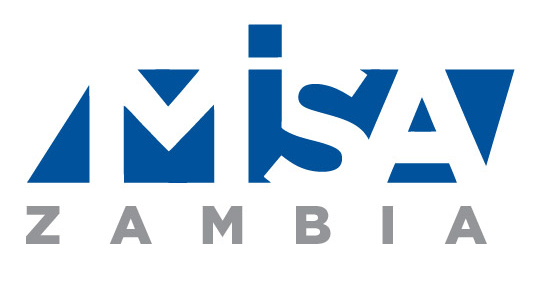Claim
A message circulating on WhatsApp groups in Zambia claims that P/500 Paracetamol tablets contain the deadly Machupo virus. This claim, accompanied by an image of the supposed tablets, warns recipients to avoid consuming them due to the virus’s high mortality rate. The message further urges readers to share the warning with their entire contact list, including family, to “save a life or lives.” The original message states: “It is a new, very white and shiny paracetamol, and doctors advise that it contains ‘Machupo’ virus, considered one of the most dangerous viruses in the world, with a high mortality rate. Please share this message, with all people on your contact list as well as family, and save a life or lives ….I’ve done my part, now it’s your turn … remember that God helps those who help others & themselves! Forward as received.”
Rating Justification
iVerify Zambia’s fact check has revealed that the claims circulating on social media alleging that Paracetamol tablets labeled “P/500” contain the Machupo virus are false. We investigated the source of the image. A reverse image search using Tineye revealed the accompanying image used in the message appeared to have been circulating since 2017. iVerify also examined established scientific research from Stanford University which explains that the Machupo virus “spread through aerosolized, food-borne, or direct contact of virus particles.” https://web.stanford.edu/group/virus/arena/2005/MachupoVirus.htm. Furthermore, the Machupo virus was first discovered in 1959 in Bolivia, and cases have only been recorded in the South American country (https://www.sciencedirect.com/topics/medicine-and-dentistry/bolivian-hemorrhagic-fever). The Zambia Medicines Regulatory Authority (ZAMRA) also issued a press release on May 7, 2023, denouncing the claims as a hoax. Our further fact-check efforts also show similar fact-checks by the Times of India (https://timesofindia.indiatimes.com/times-fact-check/news/fact-check-do-paracetamol-tablets-contain-machupo-virus/articleshow/68425709.cms), Snopes (https://www.snopes.com/fact-check/paracetamol-warning/) and Africa Check (https://africacheck.org/fact-checks/meta-programme-fact-checks/no-paracetamol-pills-stamped-p-500-do-not-contain-machupo), have all found the claims as false. A statement from the Health Sciences Authority (HSA) of Singapore specifically advised individuals to disregard the message due to its lack of credibility. On August 2, 2027, it advised the “ members of the public against the circulated message on social media regarding the transmission of “Machupo” virus through paracetamol tablets as a hoax and it’s content untrue.” https://www.hsa.gov.sg/announcements/news/hsa-addresses-hoax-alert-regarding-machupo-virus-found-in-paracetamol-tabletsmessage.
Multiple fact-checking efforts and official statements have unambiguously exposed it as a hoax. It is crucial to avoid sharing such misinformation and seek information from trusted sources.







